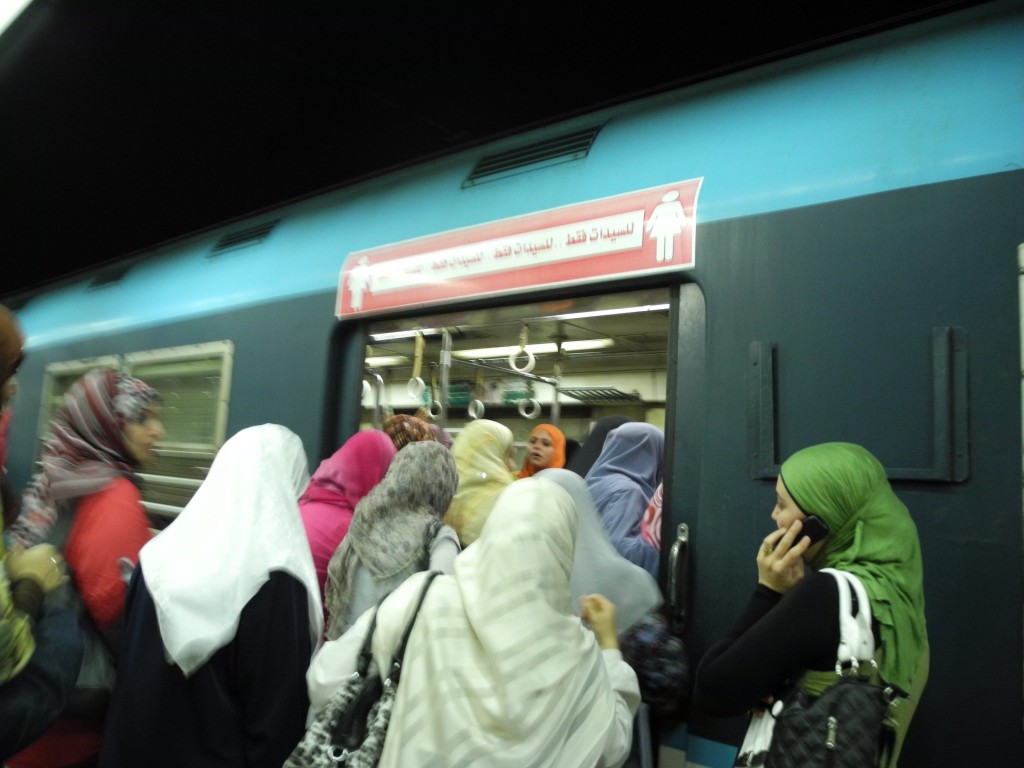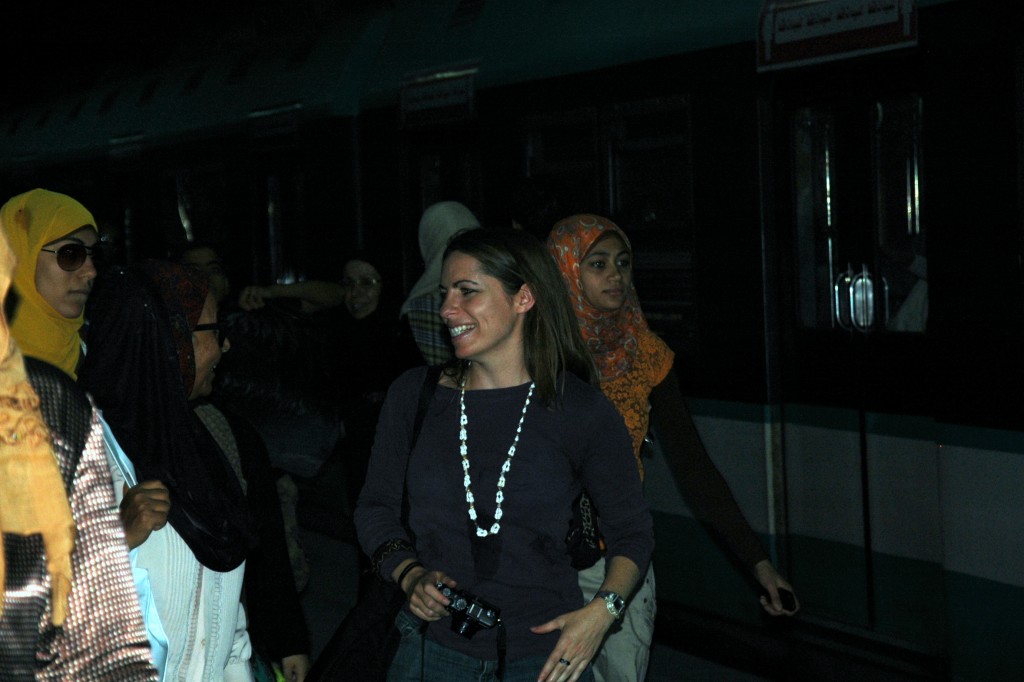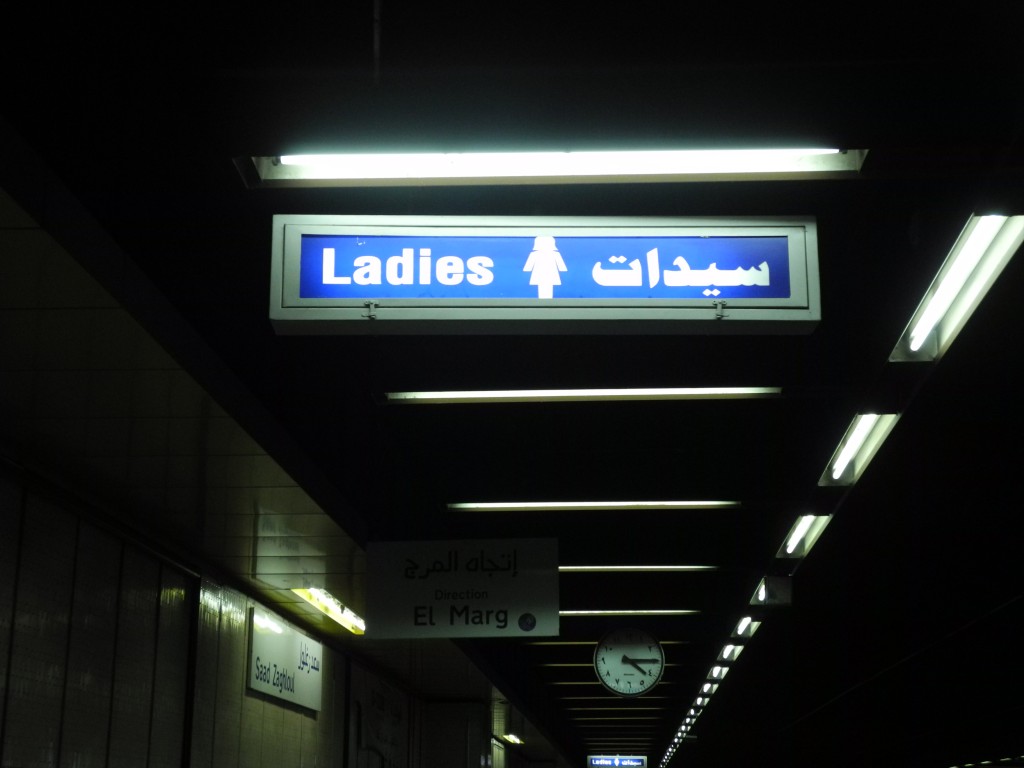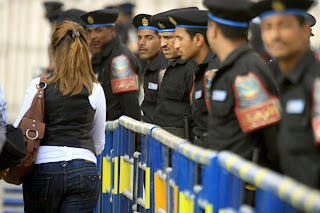
Eid-ul-Fitr, or Eid, is the holiday at the end of the Islamic holy month of Ramadan and in Egypt, it’s sadly become synonymous with sexual harassment.
This year, there have been volunteers organized by the Imprint Movement patrolling the streets and subway stations, watching out for harassers. They’ve helped police arrest several harassers each day.
The Egypt Independent reported on the problem and published numerous photos of harassers and harassment.
“The sexual harassment wave continued in Downtown Cairo and other places during Eid. This comes as government officials and activists have asked for clear solutions to the problem that continues to be one of Egypt’s overwhelming distress.
Several anti-harassment campaigns collecting reports said that the highest numbers of cases were reported near Maspero, Talaat Harb Street. 26 July Street, the Sadat, Ataba and Shuhada metro stations and the neighborhoods of Mohandiseen, Moqattam, Heliopolis and Nasr City.”

Nihal Zaghloul (@NihalSaad) is one of the main organizers and wrote about what happened (Day 1 | Day 2 | Day 3).
“I am personally happy about it and we are looking into organizing more patrols but we still dont know when. Those patrols are not the solution for harassment it is a pain killer as a result we must try to find that solution. I am still unsure of what is a grass root solution but for now i think filing reports and having them pay fines will perhaps make the harassment less.
I urge every girl who got harassed to file a report and not to leave it or ignore, it is OUR RIGHT as women to walk in the streets safely and NO ONE will give us this right we must take it ourselves.”
Visit the event Facebook page to see an album of the patrollers in action.
While there have been campaigns against harassment before over Eid, I like that this one was offline, in the streets, and visibly showed that harassment is not okay and that there are a lot of people willing to volunteer their time to try to stop it.







